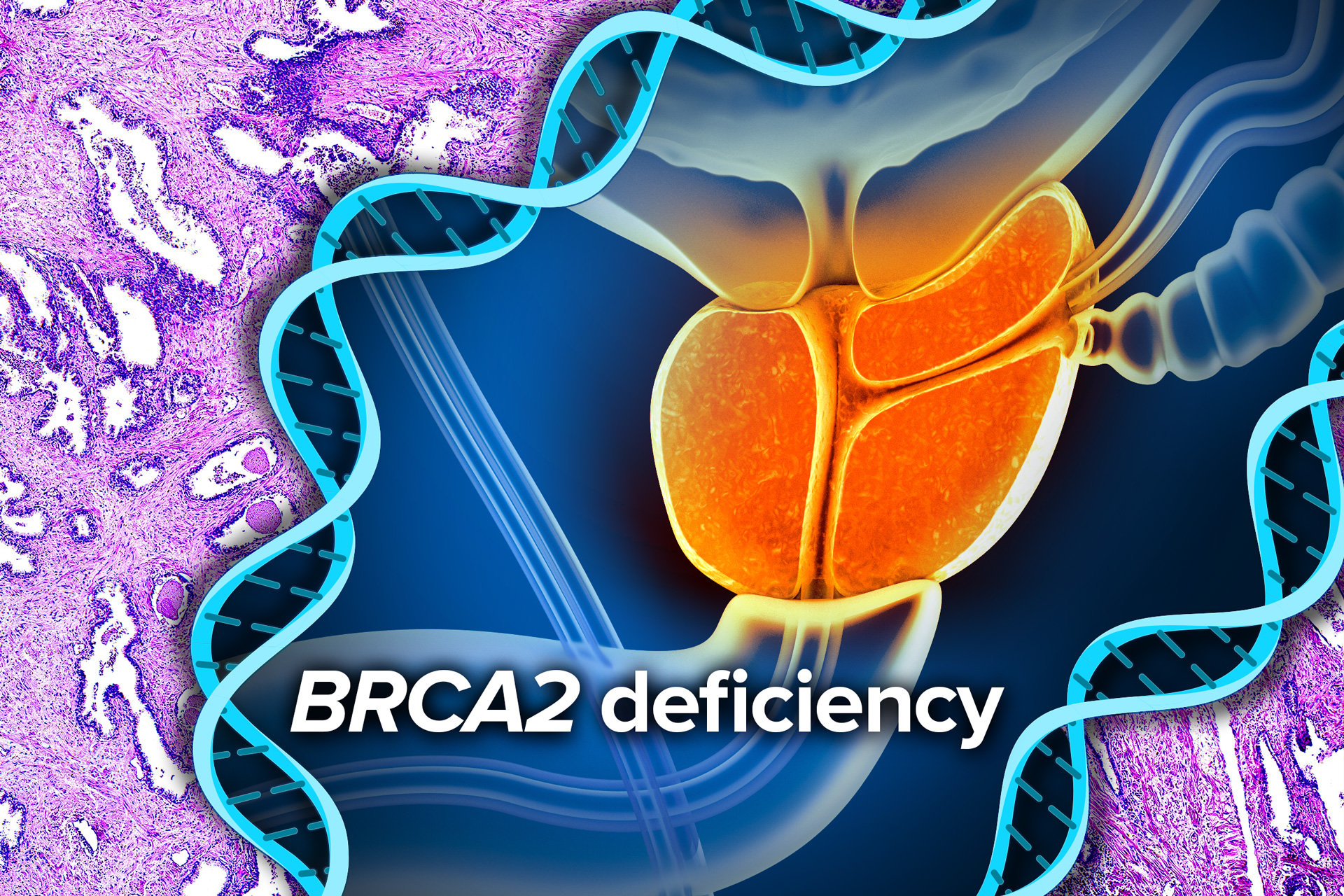In [my last post](https://peakd.com/hive-196387/@hadji/a-discourse-on-prostate-cancer), I pointed out the incidence of prostate cancer seems to be more prominent among black men going by research conducted by independent scientists in the United State and other countries. I also mentioned how the abnormality is diagnosed and the possible treatments available to those suffering from the ailment. Today, I will be talking about how this hydra-headed abnormality can be prevented. After all, prevention, they say, is better than cure.
https://cdn.pixabay.com/photo/2018/10/28/09/46/blue-ribbon-3778232_960_720.jpg
In order to talk about prevention, it pertinent to elucidate how prostate cancer develops beyond the risk factors. Just like every other cancer, prostate cancer develops from the uncontrollable growth of abnormal somatic cells in the body. We all know that cell division is always regulated in living organisms and when old cells die due to senescence, new cells replace them by mitosis. Cancer develops when old cells refuse to die and instead, grow uncontrollably to form new abnormal cells. This is exactly what leads to prostate cancer. Prostate cancer develops when some cells of the prostate gland lose biological control and start growing abnormally instead of following the normal cell cycle. They continue to divide rapidly and what is known as tumour cells. The tumour has the capacity to grow and invade neighbouring tissues and can sometimes break off to spread to other parts of the body, a phenomenon known as metastization. It is generally believed that the ability of cells to become cancerous is a result of mutation of the cells. A mutation refers to a sudden change to the DNA sequence of the cell. Since the DNA dictates the instructions to be carried out by the cell, a change to its sequence will definitely cause a change to the instructions given to the cell. There are generally two types of mutations: 1. Hereditary mutations are usually inherited from parents and are transferrable to future generations as well. They are usually associated with sex cells of the body such as eggs and sperms. The resulting zygote after fertilization inherits the respective mutations in the egg and the sperm. 2. Somatic mutations are environmentally acquired and are only present in the somatic cells of the body. They occur either as a result of a change in the genetic instruction given to the cell by the DNA or by environmental factors such as certain chemicals and UV rays. These kinds of mutations are limited to individuals suffering from them only. They cannot be passed to future generations just like every other environmentally acquired trait. Now, when we talk about staying clear of prostate cancer, we are talking about staying clear of environmental factors that can predispose individuals to this cancer. There have been various bogus claims of different lifestyles that can prevent prostate cancer such as frequent ejaculation and certain drugs. However, there are no verifiable scientific evidence to support these claims. The bitter truth is that there are no known fool-proof methods or lifestyles that can prevent prostate cancer as there are no adequate data to support most of the claims by different blogs and outlets. Observing a healthy lifestyle is generally key to avoid many environmentally induced ill-health, prostate cancer inclusive.
Most of the risk factors associated with prostate cancer are things that cannot be changed or controlled such as race, age, and genes. Eating well and observing healthy lifestyles will, however, go a long way in reducing the risks associated with the abnormality. A couple of researchers have reported a correlation between a fatty food diet and an increased risk of prostate cancer and as such, living a low-fat dietary lifestyle is generally encouraged to limit the risk of having prostate cancer. Still on diet. Research has also shown that eating fruits and vegetables has the potential to limit the risk of prostate cancer. Lycopene, a substance that is found abundantly in tomato has specifically been found to lower the risk of having prostate cancer. Green tea and soy have also been found to lower PSA levels and as such, lower the risk of prostate cancer. Foods that have to do with frying or grilling at high temperature have been implicated in increased prostate cancer risk, men would do well by staying away from such diets. Other lifestyles that can be observed to reduce the risk of having prostate cancer include exercising regularly, maintaining healthy body weight, reduced smoking and drinking, and inconclusively, staying active sexually. What do you all think? ## Resources * [Prostate cancer](https://www.mayoclinic.org/diseases-conditions/prostate-cancer/symptoms-causes/syc-20353087) * [Prostate Cancer: Prevention](https://www.hopkinsmedicine.org/health/conditions-and-diseases/prostate-cancer/prostate-cancer-prevention) * [What is a gene mutation and how do mutations occur?](https://medlineplus.gov/genetics/understanding/mutationsanddisorders/genemutation/) * [Latest research on tomatoes, lycopene & prostate cancer](https://www.wcrf.org/int/blog/articles/2014/12/latest-research-tomatoes-lycopene-prostate-cancer) * [Prostate Cancer: Risk Factors and Prevention](https://www.cancer.net/cancer-types/prostate-cancer/risk-factors-and-prevention) * Chen M, Zhang J, Sampieri K, Clohessy JG, Mendez L, Gonzalez-Billalabeitia E, Liu XS, Lee YR, Fung J, Katon JM, Menon AV, Webster KA, Ng C, Palumbieri MD, Diolombi MS, Breitkopf SB, Teruya-Feldstein J, Signoretti S, Bronson RT, Asara JM, Castillo-Martin M, Cordon-Cardo C, Pandolfi PP. An aberrant SREBP-dependent lipogenic program promotes metastatic prostate cancer. Nat Genet. 2018 Feb;50(2):206-218. doi: 10.1038/s41588-017-0027-2. Epub 2018 Jan 15. PMID: 29335545; PMCID: PMC6714980.

Originally posted here: https://hive.blog/health/@hadji/staying-clear-of-prostate-cancer
No comments:
Post a Comment